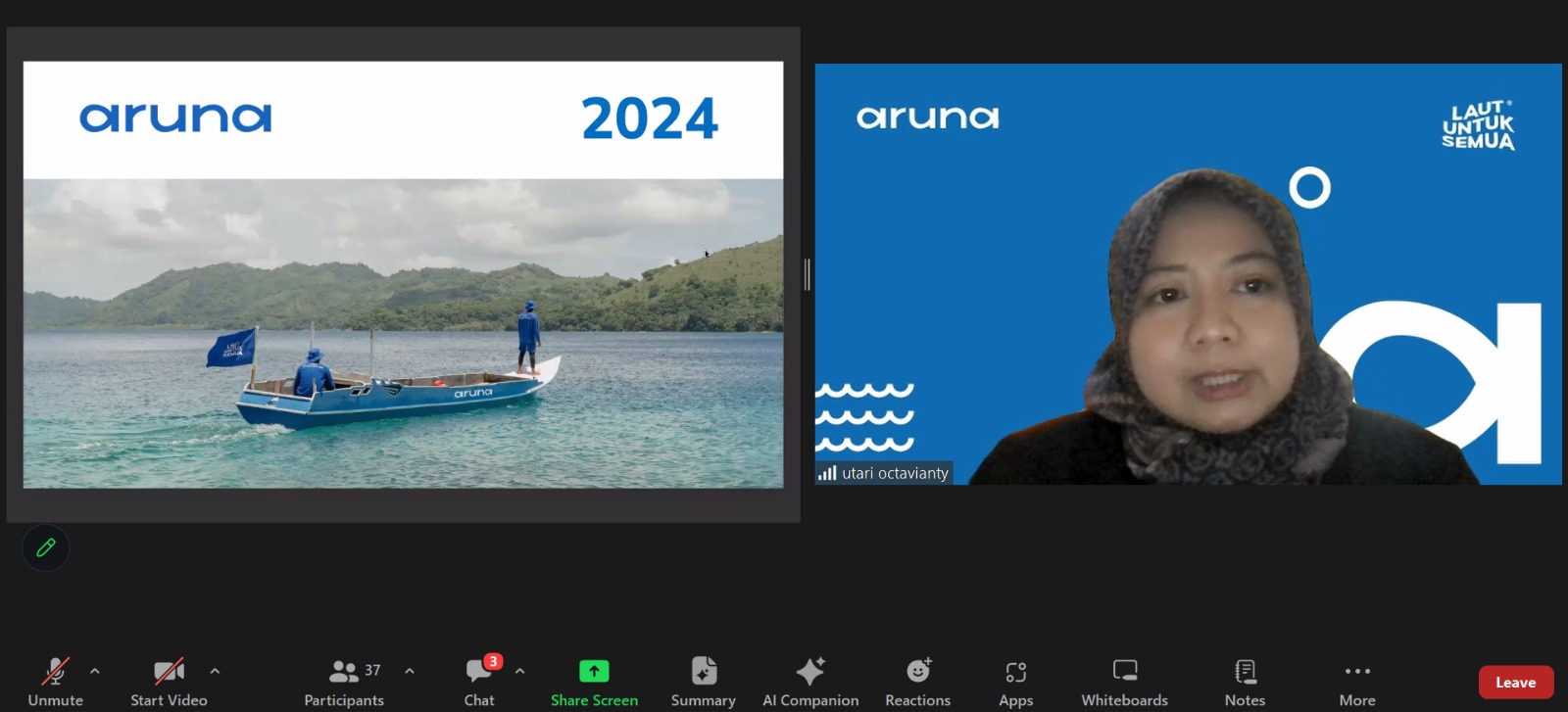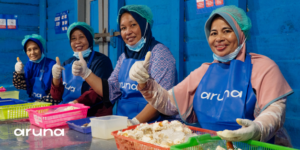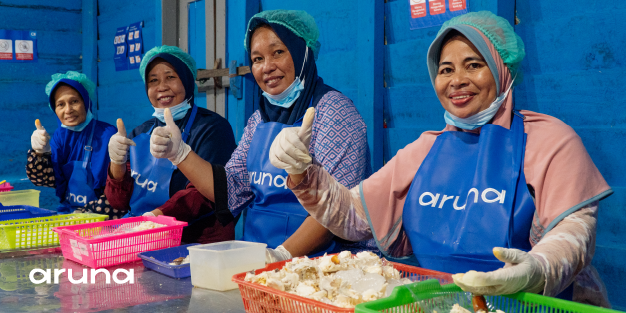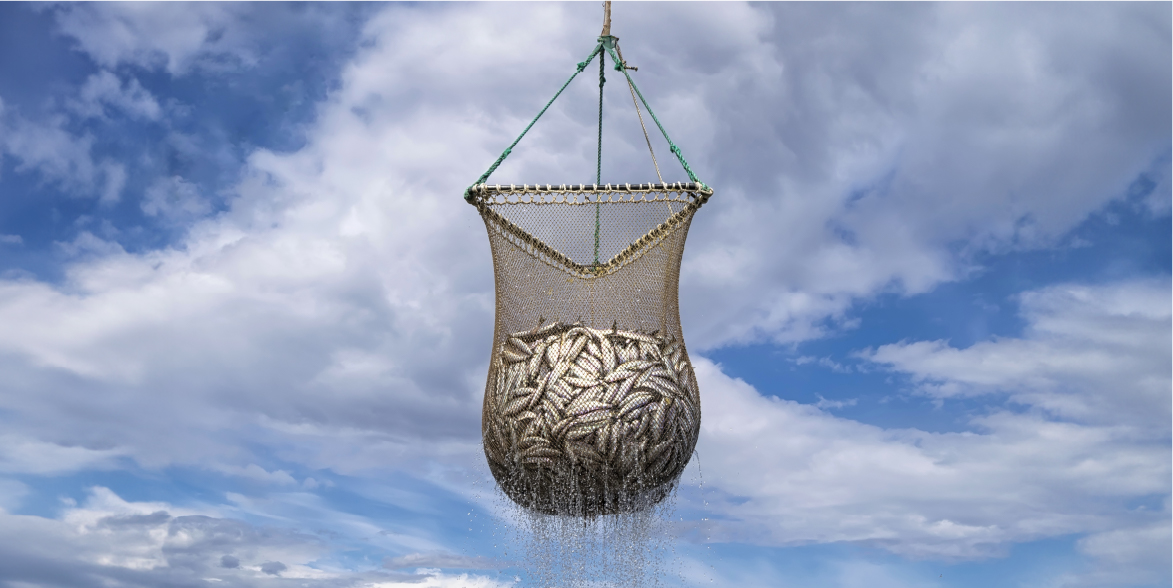Cut in Fisheries Subsidies? Aruna Voiced Concerns of Small-Scale Fishers to WTO

On January 23, 2024, Aruna was invited by the World Trade Organization Negotiating Directorate of the Indonesian Ministry of Trade (MoT), to attend a workshop brought about the theme of “Fisheries Subsidy and Trade”. The workshop was an output of the collaboration built between the Ministry of Trade and ARISE Plus Indonesia to discuss issues in the World Trade Organization (WTO). The issues themselves included the rule-making scheme on subsidy restrictions aimed at reducing presumptions of overcapacity and overfishing. Aruna was represented by its Co-Founder and Chief Sustainability Officer, Utari Octavianty.
The subsidy limitation plan, which was also the main topic in this workshop, turned into a medium for Aruna to contribute to strengthening the power and voice of the small-scale fishers. Utari said, “The WTO Agreement on Fisheries Subsidies serves a purpose to regulate, and where possible, limit subsidies provided to the fishing industries given by the WTO member countries, including Indonesia. This limitation will certainly affect the amount of subsidies that can be provided by the Indonesian government to the domestic fishing doers, especially the small-scale ones. In the end, it’s the national competitiveness that will be hit hard, especially if other countries can still provide greater subsidies. Declining revenues and competitive losses for Indonesia’s fishing industry—that’s what Aruna thinks.”
As the DNA of Aruna’s business, Aruna saw that small-scale fishers in Indonesia were more likely to face challenges in competing with fishers from other countries, who might still receive massive subsidies from their governments. Utari said, “Even medium to large fishing industries cannot avoid the pressure caused by limited subsidies, let alone small-scale fishers. This will further suppress the opportunity and competitiveness of small fishers in the domestic and international markets.” The most recent issue of antidumping proved that the size of subsidies affected product competitiveness. “It can be challenging to export because our prices are potentially to harm off local market prices in the destination countries. We become a threat,” she continued.
Pablo Quiles, a manager of a global management consulting firm called International Economics Consulting Ltd., also serving as a Senior Non-Key Expert at the WTO, emphasized that this discussion was not simply about fisheries subsidies. He said, “It should be highlighted that in the first place, the discussion on this agreement is aimed at protecting fish resources that are vulnerable to destructive fisheries practices. The subsidy limitation is just another supporting aspect that we are considering carefully. What every single one of you conveys here will certainly be taken into account, much more comprehensively. All the best for the world’s fish population!”










Leave a reply
No comments found.